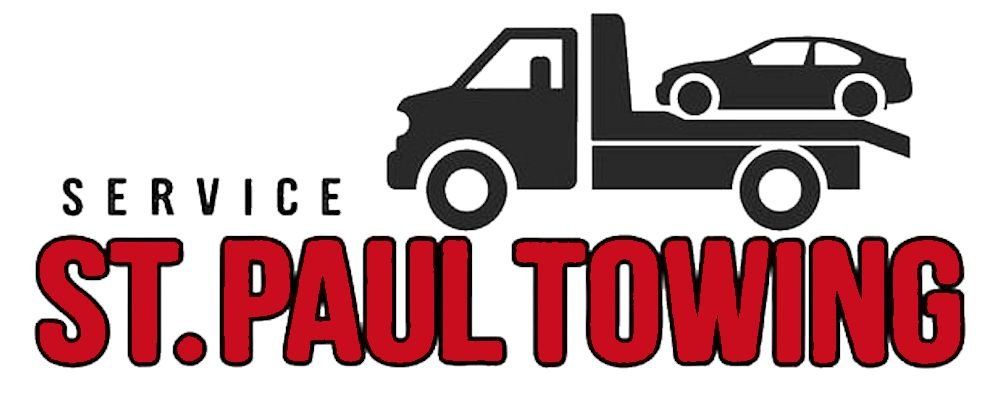Junk Cars St Paul, MN.
Get your FREE Quote right here!
Contact Us
We will get back to you as soon as possible.
Please try again later.
We Pay Cash for Junk Cars Today!
Why would we pay cash for what appears to be junk?
We buy it so you don’t have to bother selling it.
What’s My Car Worth?
What does recycling a car do for the environment?
St Paul Car Recycling

-
About The City Of St Paul Mn.
St. Paul, MN. is a city of neighborhoods. Each neighborhood has its own character and each one offers something different for residents and visitors alike.
St. Paul, MN. is an exciting place to live, work and visit. Our city has the state's best public library system, a nationally recognized zoo, an award-winning park system, top notch schools and abundant green space. The city's arts and entertainment scene are vibrant and diverse. St. Paul is home to more than 50 theaters, including the Ordway Center for Performing Arts, two professional dance companies (Ballet of the Dolls and TU Dance), several bands, orchestras and choirs, a wide range of museums, galleries and cinema attractions and Minnesota Public Radio headquarters.
The Mississippi River runs through the heart of our city providing miles of scenic trails for biking, walking, running or skating; or take to the water in a canoe or kayak along our riverfront parks or on Lake Phalen. St. Paul also has great shopping; from upscale boutiques to unique neighborhoods that offer one-of-a-kind items you'll find what you're looking for here in St. Paul!
The city of St. Paul is a very beautiful place. It is big, but not too big. It is really fun and there are lots of things to do. There are so many parks and lakes that you could probably even find one that no one has ever found before!
St. Paul is very beautiful in the summer; in the winter, it's ugly like hell. The reason for this is that we have a lot of snow here. Well, it doesn't matter--our winters are fun, too! They're just different from our summers.
awesome to say the least...We Love The City St Paul, MN.
St Paul is not a major tourist destination, though there are some interesting museums, and the city is full of historical buildings and sites. But the most important thing about St Paul Mn. isn't anything to do with history. It's that it's the capital of Minnesota.
Minnesota and North Dakota together have a larger population than all but nine other states. They have a larger population than 27 countries.
The city of St. Paul, Minnesota, is a combination of two things: a 19th century railroad junction, and the birthplace of the American frontier.
It's a bit like the way that huge cities like London or Tokyo were created by military conquests and industrialization, but smaller than those cities. Rather than being a single entity with clear borders, it is an amalgam of several things: the railroad junction, the seat of government for the northern territories (now the state of Minnesota), and a place where settlers from all over could come to create their own new town.
St. Paul was built on top of an old Native American settlement called Anoka. The townsfolk tried to rename themselves "Anoka," but that didn't stick; instead they just called themselves "the Anoka."
The story of St. Paul Minnesota is the history of a small city in Minnesota. It's a story that might be told any year, but for reasons that have more to do with the calendar than with anything else, this is the year it's being told.
St. Paul is a town that was once prosperous and important, but which has been reduced to a shadow of its former self. The principal reason for the decline is not lack of jobs or housing; St Paul is arguably the most successful modern city in the United States. But it is not making itself noticed, so that it may get more of both.



